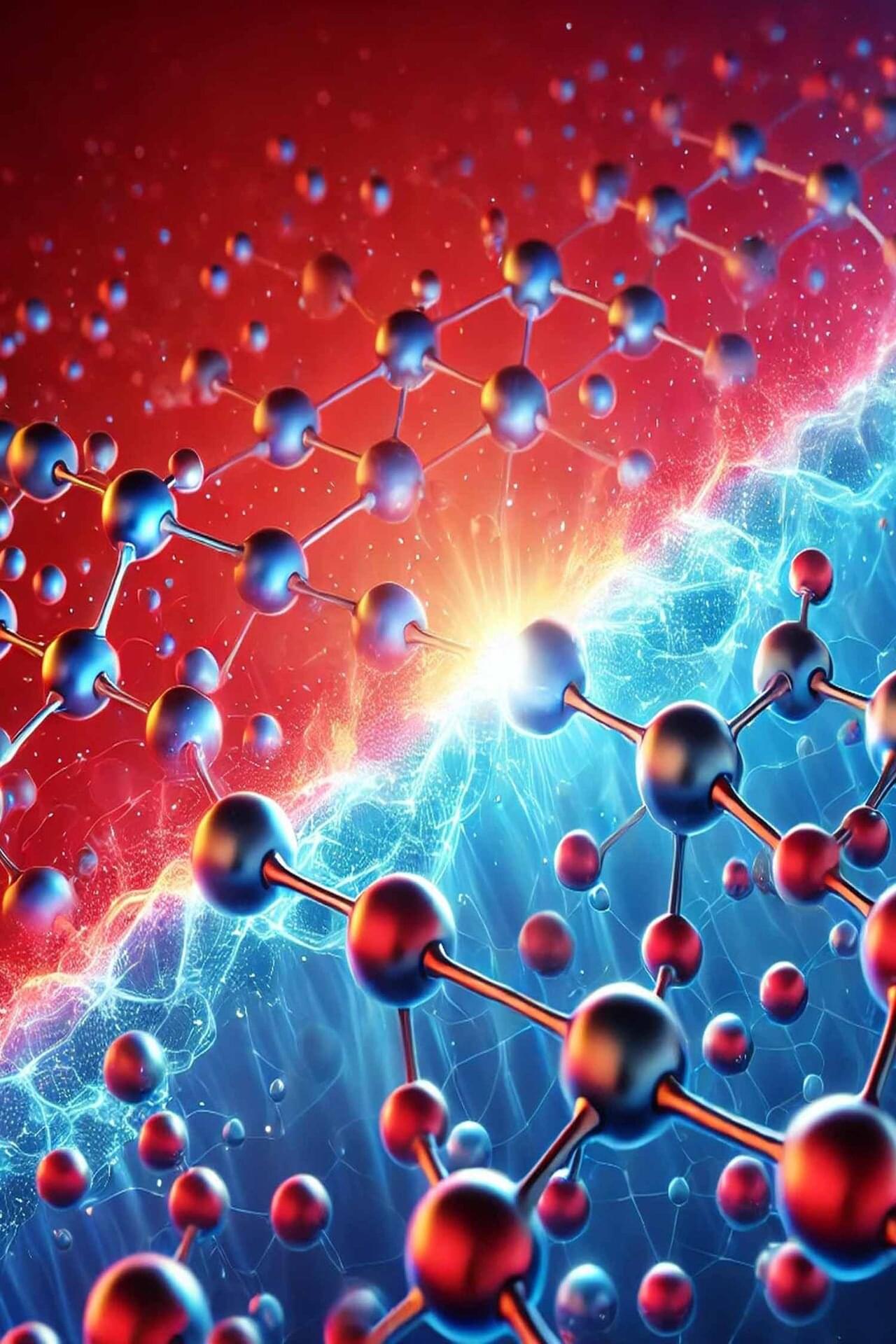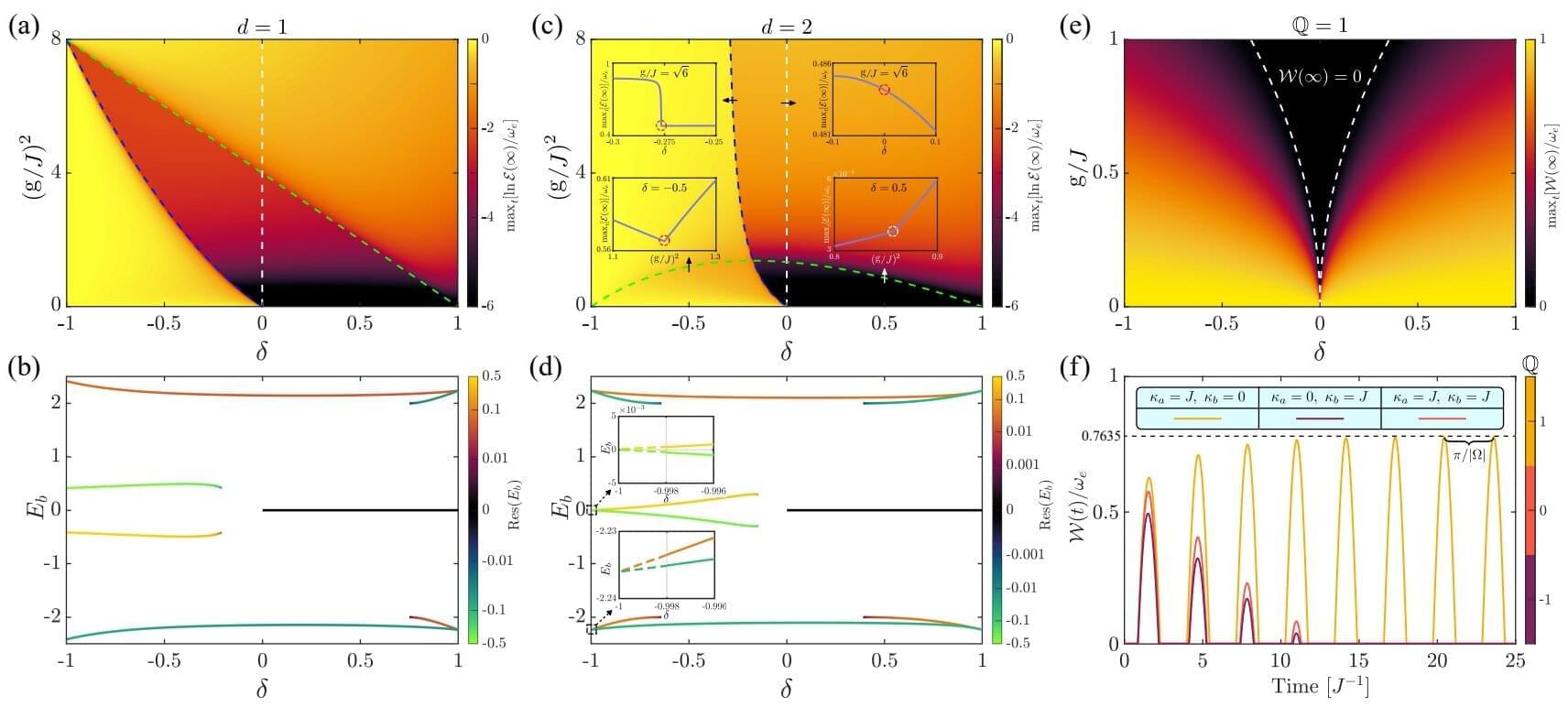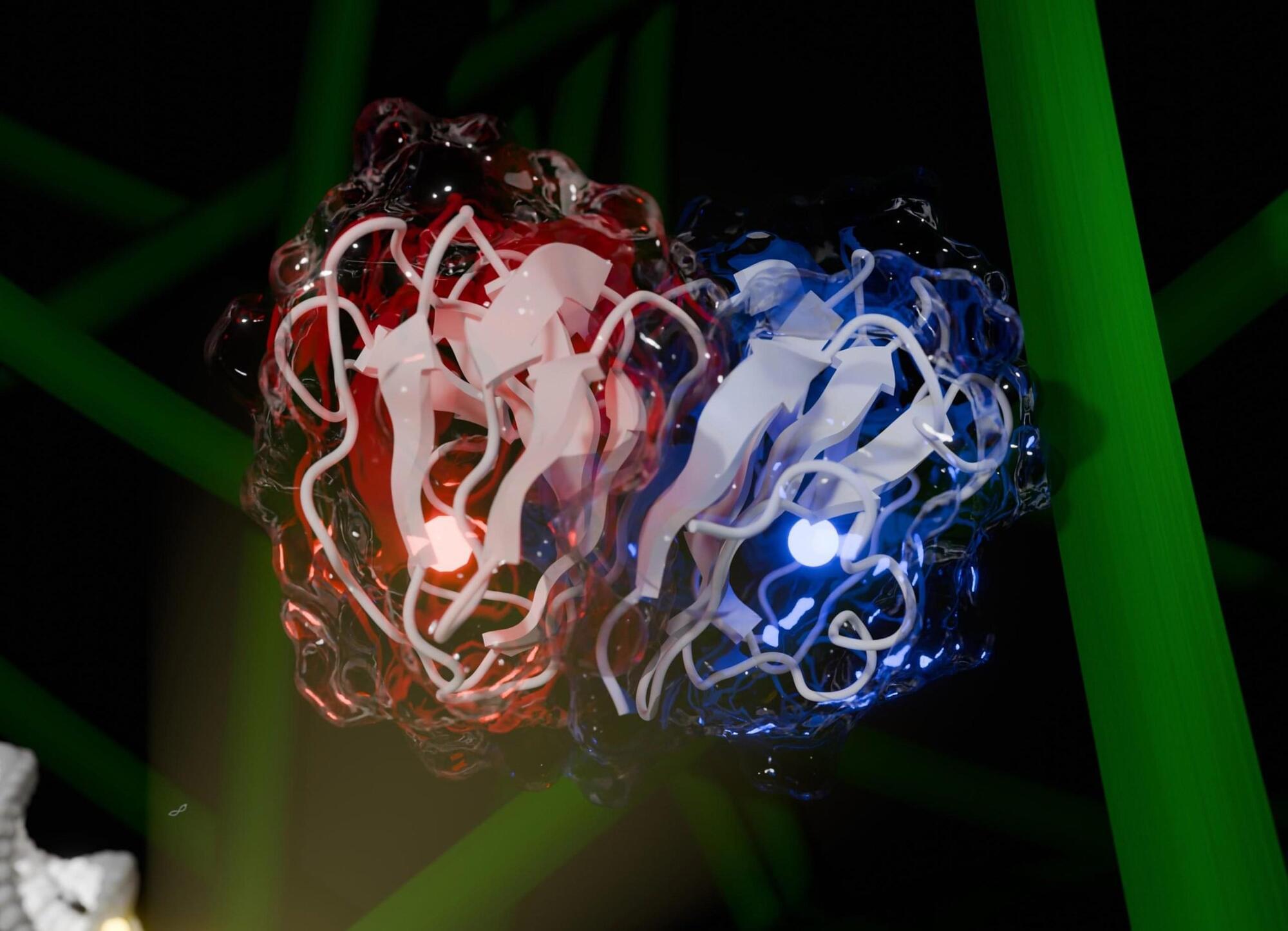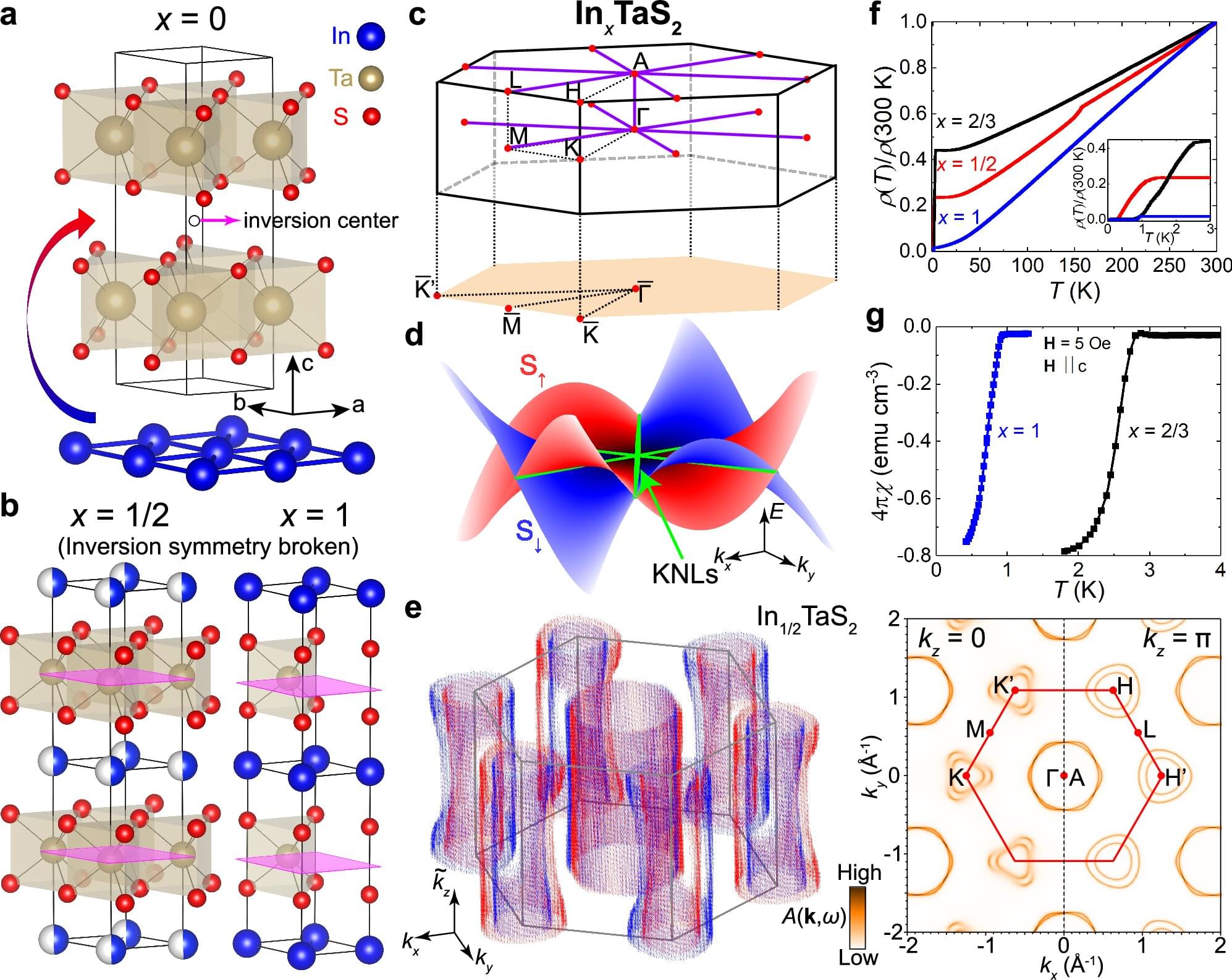An emerging technology to make lithium-ion batteries safer and more powerful involves using solid rather than liquid electrolytes, the materials that make it possible for ions to move through the device to generate power.
A team of University of Texas at Dallas researchers and their colleagues have discovered that the mixing of small particles between two solid electrolytes can generate an effect called a “space charge layer,” an accumulation of electric charge at the interface between the two materials.
The finding could aid the development of batteries with solid electrolytes, called solid-state batteries, for applications including mobile devices and electric vehicles. The researchers published their study in ACS Energy Letters, where it is featured on the cover of the March issue.








